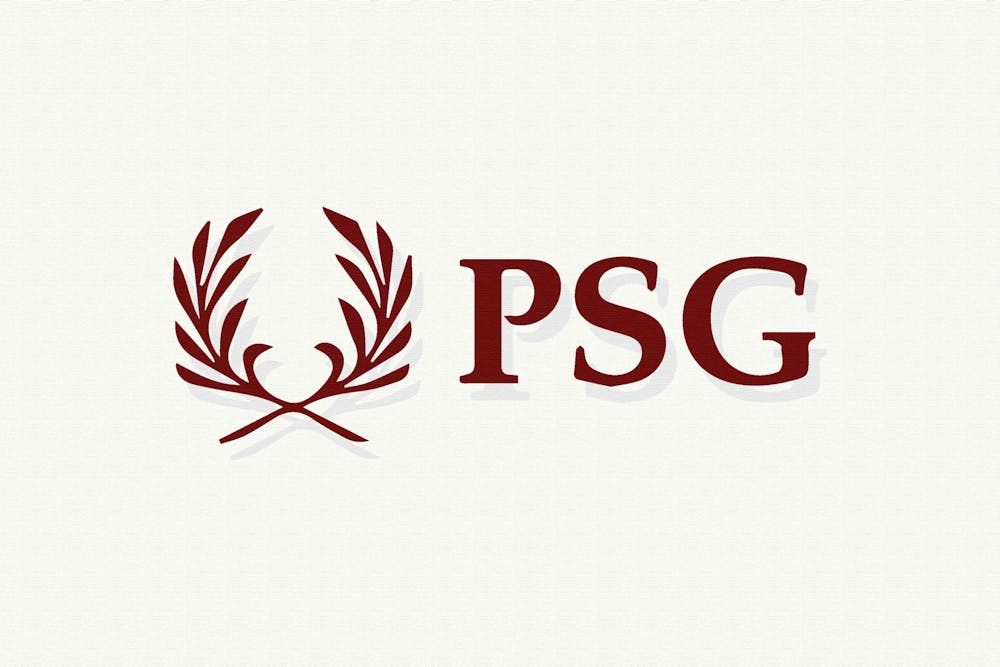
This fall, Penn Student Government elections will look different as campaigns shift entirely online — but some races will not be run just yet. The Nominations and Elections Committee plans to hold the postponed spring elections for upperclassmen in September, but will delay elections for first years until likely the spring.
In the spring, the NEC opted to violate its bylaws and delay the spring Class Board and Undergraduate Assembly elections, citing the difficulty of running an equitable race for all candidates during remote learning and the coronavirus pandemic. These elections will now take place from Sept. 12-14, while elections for first year positions will be delayed until the spring, NEC Vice Chair of Elections and College junior Zarina Iman said.
Iman said all PSG branches agreed that attempting to hold elections for first years would not be fair without the class having a chance to meet each other in person and would not be indicative of popular opinion among the class. She added that first years will still be eligible to apply for seats as associate members of the UA, who are unelected, non-voting members.
The elections in September will be for 2021, 2022 and 2023 Class Boards, as well as for UA President, Vice President, and representatives for each of the four undergraduate schools. The NEC has temporarily updated its Fair Practices Code, which governs how candidates may campaign, to accommodate for the virtual race, NEC Chair and College senior Urooba Abid, who is also a DP columnist, said.
The changes to the FPC will only hold for this election, and are not permanent changes to the code, Iman added.
Candidates will no longer be allowed to campaign in person, Abid said, to avoid in-person interactions during the COVID-19 pandemic and to make the election equitable when not all students are on campus. On-campus methods of campaigning, including hanging posters and chalking in commons areas, are also disallowed, Iman said.
In place of the in-person components of campaigning, candidates may submit a video of up to one minute introducing themselves and listing their platform on The DP's Candidate Center, Iman said.
Candidates will also no longer be able to participate in monetary campaigning, Iman said. In the past, candidates have been able to spend up to $50 of their own money on posters, chalk, or other materials campaigning.
“The pandemic has definitely impacted everyone's financial circumstances in some way, and so [the NEC] just didn't want to have that burden and have candidates think about that when they're running,” Iman said.
Voting will remain largely the same as in the past, as students will have a three day period to cast their ballots online, Iman said.
“The actual experience of voting won’t really change, and nor will the virtual presence of each of the candidates,” Iman said.
Abid said that even though students are dispersed across the world, it is still important that they vote for who will represent them best in student government.
“I really do think that this is probably the most important time for students to be actively engaged in student government and to actually be voting for representatives that they're passionate about,” Abid said.
The Daily Pennsylvanian is an independent, student-run newspaper. Please consider making a donation to support the coverage that shapes the University. Your generosity ensures a future of strong journalism at Penn.
Donate







